English literature: ENRON (quotes)
1/23
There's no tags or description
Looks like no tags are added yet.
Name | Mastery | Learn | Test | Matching | Spaced | Call with Kai |
|---|
No analytics yet
Send a link to your students to track their progress
24 Terms
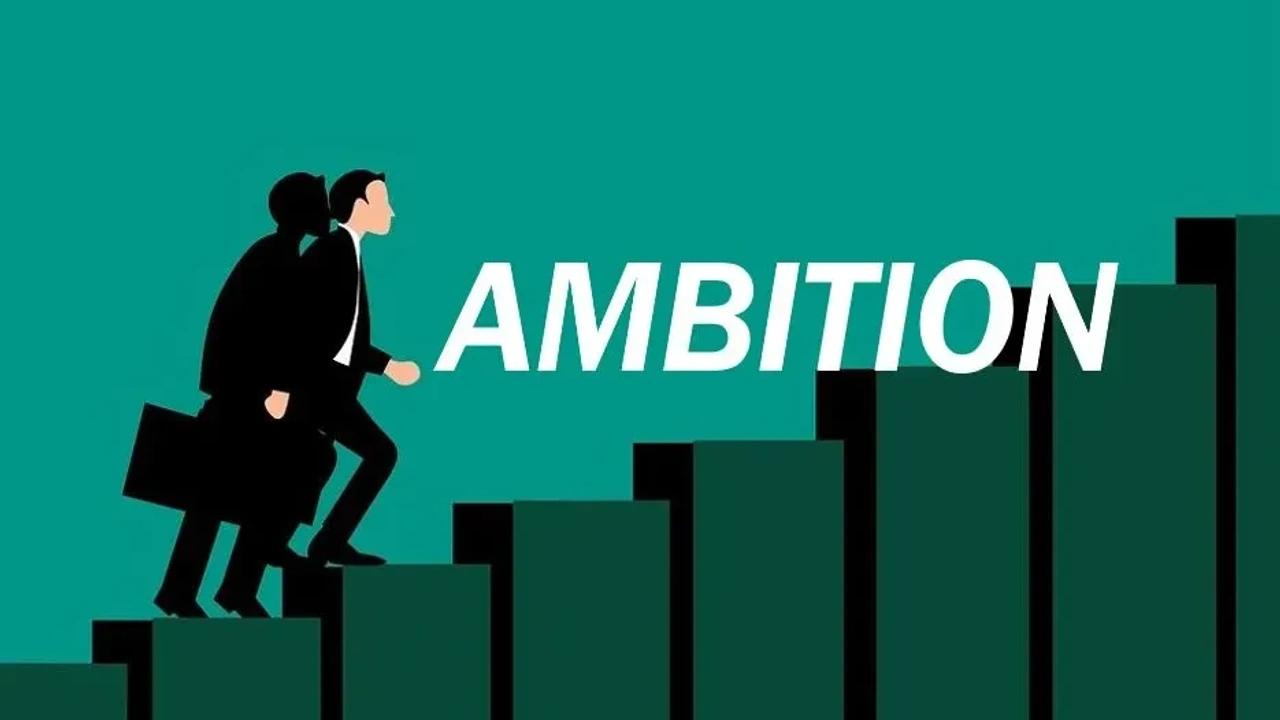
"We are on the side of the angels!"
faith in the system that they are evolving (irony they are already attempting to break the status quo with deregulation), using rhetoric (policitcians, charismatic people use rhetoric and its techniques - persuasive language) to position the ideals as utopion/ideal but also, right. Long term God will judge them not the current system. Deliberatrely using idealisitic and moralistic religious imagery in a religious community (Texas) to distance the operational from the ideaology.
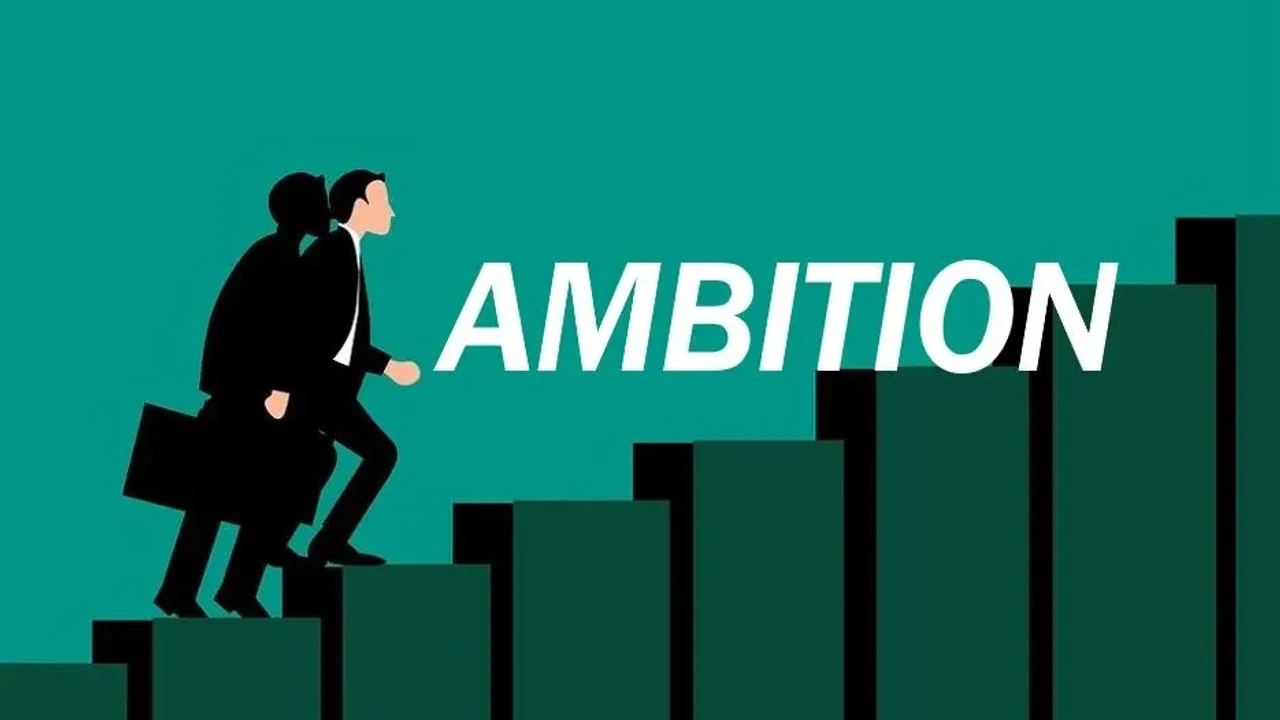
“We’re changing business, we’re changing people’s lives, we’re changing the world.””
Grandiose ambition: The repetition of “we’re changing…” reflects a messianic ambition
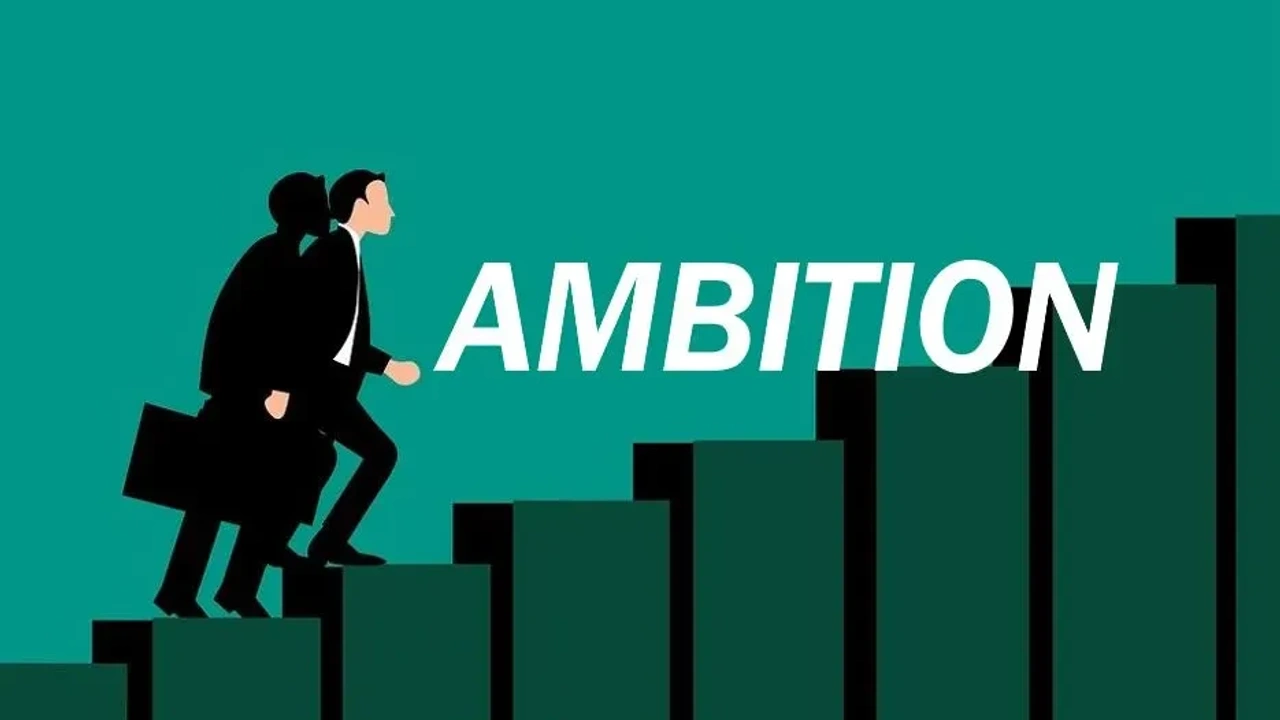
“Doesn’t matter how you win, as long as you win!”
Skilling is dismissing the means of success — ethical integrity, honesty, or fairness — and valuing only the end result: victory, profit, and dominance. Winning becomes a moral justification for anything.
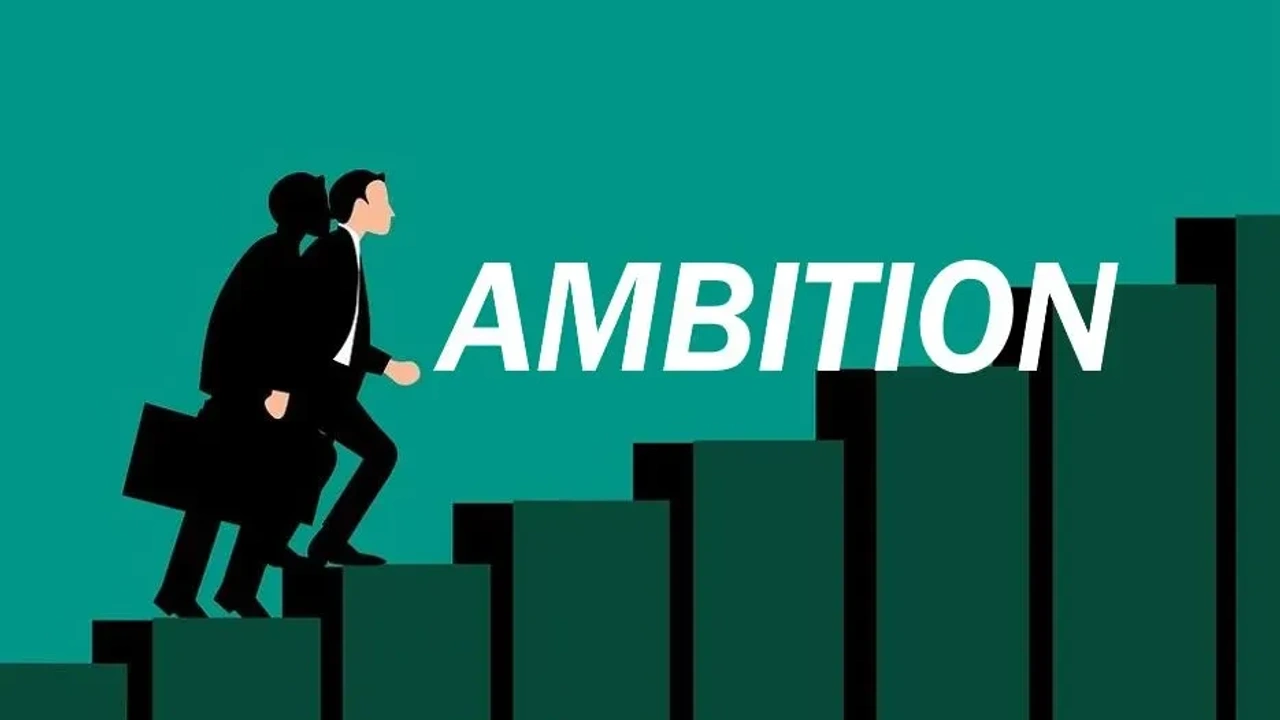
"Like a religious cult, Skilling is Messiah-like"
can be used for lots of the themes here, these are the stage directions.
Both protagonists are visionaries driven by overreaching ambition. Faustus wants metaphysical power; Skilling wants economic immortality. Ambition in both is self-delusion masked as innovation. Faustus’ reach is cosmic, Skilling’s corporate but both end in spectacular downfall.
Together, they chart the arc of ambition in Enron: from inspiration → delusion → corruption → ruin.
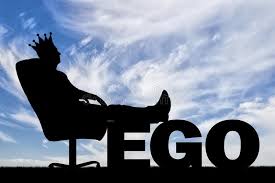
“Well it’s not, some people are fucking idiots.”
" it doesnt kill you?
everyone standing around celebrating their ignorance?"
Skilling’s lines “Well it’s not, some people are fucking idiots” and “It doesn’t kill you? Everyone standing around celebrating their ignorance?” reveal his intellectual arrogance — he equates intelligence with superiority.
His ego fuels ambition but warps it into contempt and isolation, turning vision into narcissism.
Prebble shows ego as the corruption of ambition: Skilling’s belief in his genius blinds him to ethics and reality.
Like Faustus, his downfall comes from hubris — the conviction that he alone can transcend human limits.
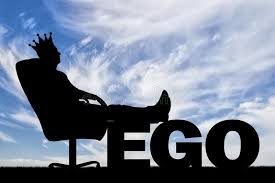
“For those who don’t know, I’m the reason you’re here.” (Act 1 Scene 3)
“I created you!” (Act 2, Scene 8)
Like Frankenstein or even a biblical creator, Skilling positions himself as omnipotent —
the source of all innovation and success
along same vein of god and creation On a symbolic level, the quote reflects the ego of corporate leaders who see themselves as the creators of entire systems.His ego leads him to see others as extensions of himself — tools that exist to reinforce his sense of power and superiority.
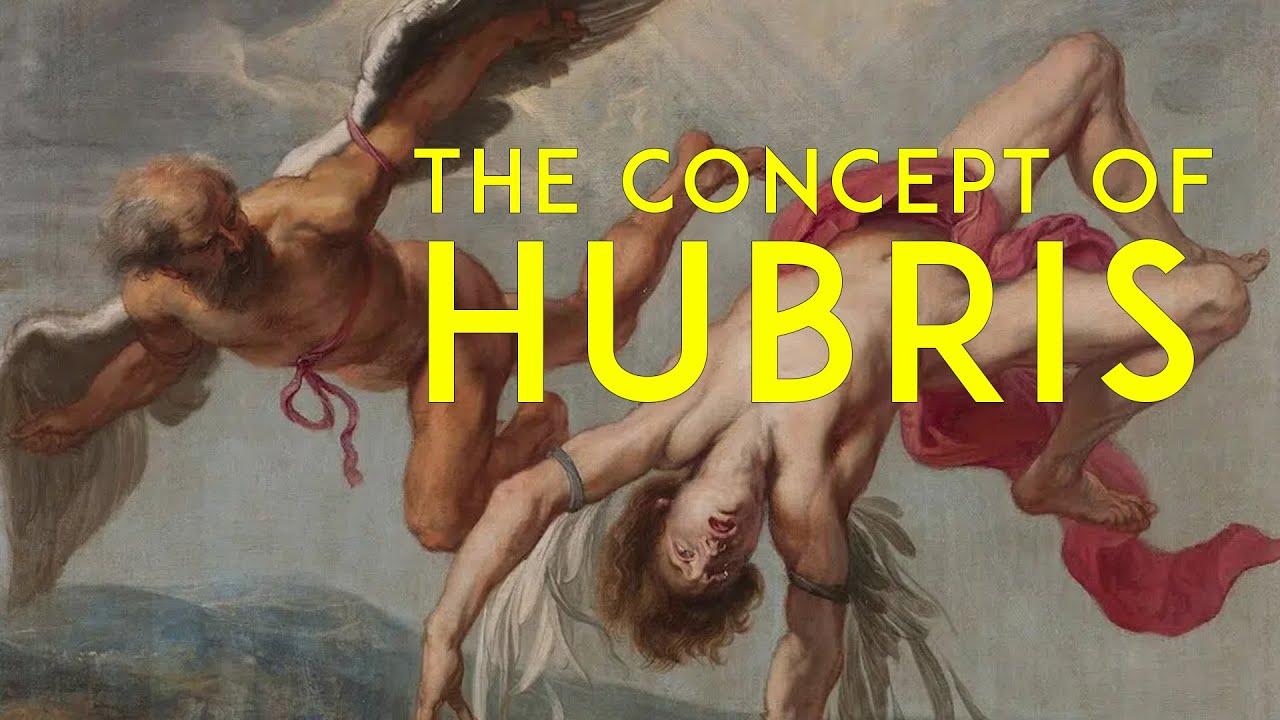
“I believe in God, I believe in democracy and I believe in the company.” Kenneth Lay
Lay places himself (and the company) in the same league as foundational institutions
(“God”, “democracy”) — This elevates corporate identity to quasi-sacred status.
This signals hubris because he assumes that his company is not merely a business but part of the moral/spiritual order.

“Within every great man there’s a buried risk.”
“I just wanted to change the world”
Faustus’ flaw is intellectual pride; Skilling’s is blind faith in the market. Both suffer from belief without morality and each tragedy hinges on the tragic hero's inability to doubt his own creation. Excessive PRIDE.convinced that rationality, innovation, and intellect can conquer all limits (ethical, emotional, financial).
“..Man"..” The line suggests that greatness and self-destruction are inextricably linked — that the very qualities that make someone extraordinary also sow the seeds of their ruin. Prebble reframes classical hubris as a psychological inevitability, universalises skillings flaw.
“ ..world..” is a moral euphemism for domination — it masks greed as progress. The moral irony is tragic: by trying to “change the world,” he unbalances it instead. Moral interpretation: Prebble critiques the modern belief that ambition justifies all. Skilling’s hubris is couched in visionary rhetoric, making his downfall not just personal but ideological.
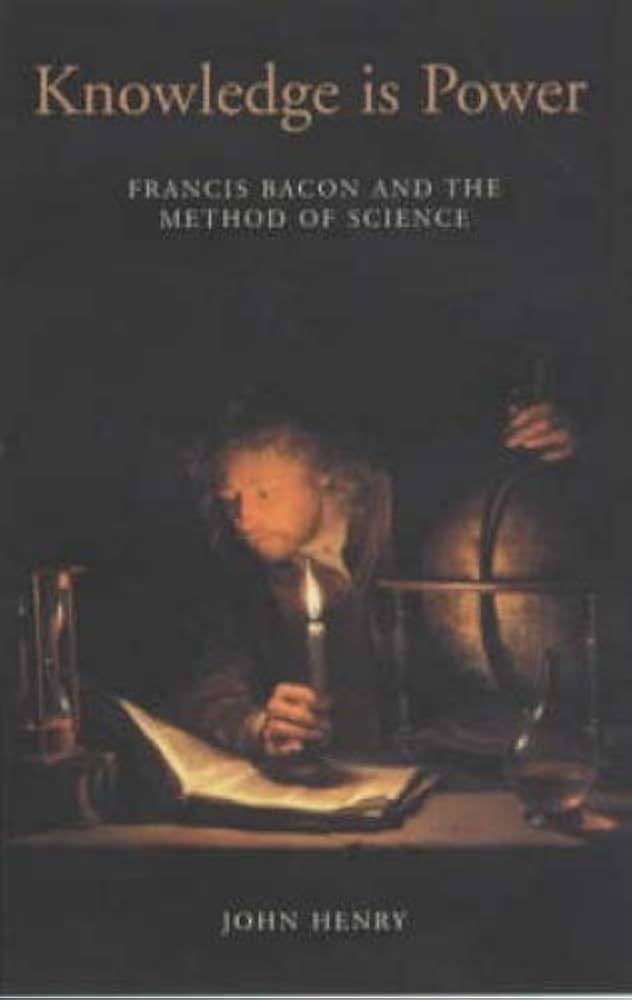
“Sell it to you as the truth.”
How it connects: This encapsulates the interplay of knowledge, truth, and power the characters know what they’re doing, then choose how to present it. It brings out the idea that possessing knowledge gives power, but also that controlling what others believe (truth) is part of power. The quote suggests that truth is a commodity.
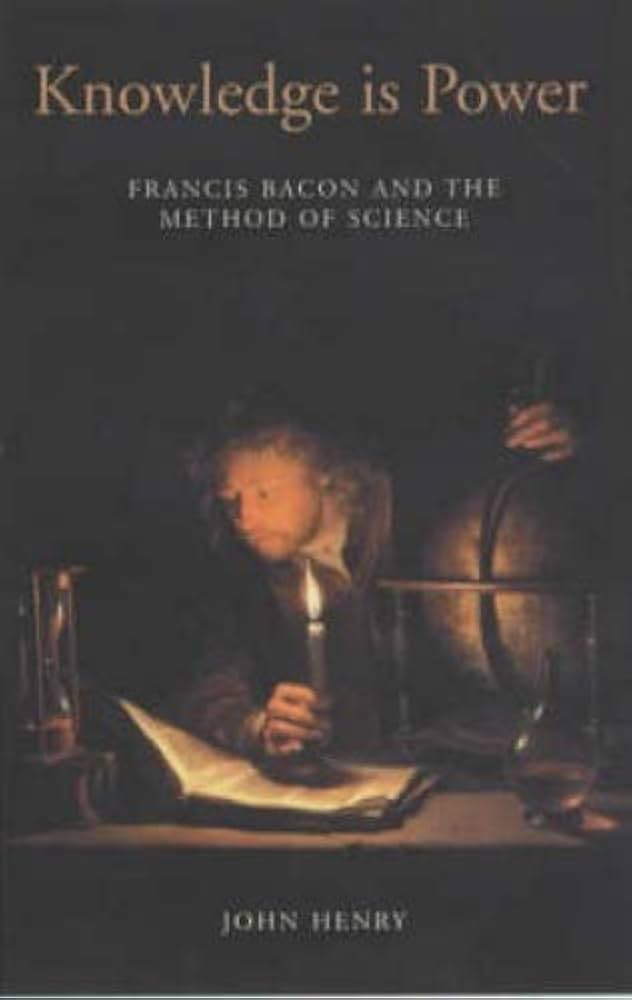
"theres nothing Skilling dont know"
His “knowing everything” becomes a form of ignorance the blindness of certainty. Dramatic irony as we soon find he does not know everything, (morality empathy and consequence) Skilling both thinks the market is its own ecosystem but also is sure that he can be the one to master and then control it. Like Faustus he wants to control first and doesn't think about the morality or implications of what happens if he does. And like Faustus, he does not ultimately succeed.
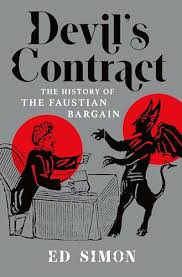
"He ends, his arms outstretched, crucifying himself before the market
"'I am an accountant. For my sins (!)'
The bargain becomes systemic rather than personal..The parenthetical “(!)” still signals ironic self-awareness — they acknowledge complicity in unethical practices while speaking almost wryly. By attributing the line to the firm, Prebble expands the Faustian bargain to a collective or corporate level. The firm grants power and influence, yet comes at the cost of moral integrity, echoing Faustus’s pact for supernatural power.
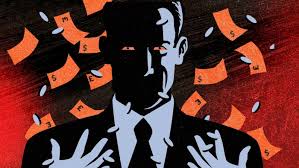
He feeds one of them a dollar bill'
"There's greed, there's fear, joy, faith, hope.. and the greatest of these... is money."
a parody/pun on the 'faith, hope charity' saying where the greatest of these is love. The implication here being that love has been omitted in favour of greed.
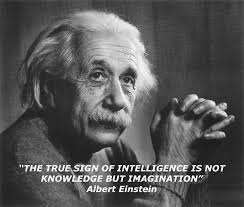
"The only difference between me and the people judging me is they weren't smart enough to do what we did."
Skilling providing justification and still of the belief that his intelligence is superior, in fact, failure/immorality isn't a problem as long as you're clever. Link to Faustus directly here as a character.

"I believe in God, I belive in democracy and I believe in the company."
This sounds almost like a political speech, using the devices of rhetoric, the I believe repeated is egotistical and arrogant, and the list is placing democracy (politics) and the company (capitalism) as idols to be worshipped and accepted in the same way as religion and belief.
Skilling still cannot quite believe it has come crashing down. Both plays end in an existential crisis and disillusionment with a construct they thought was real and that they could control. Despite being a play about capitalism, faith and religion is still a theme.
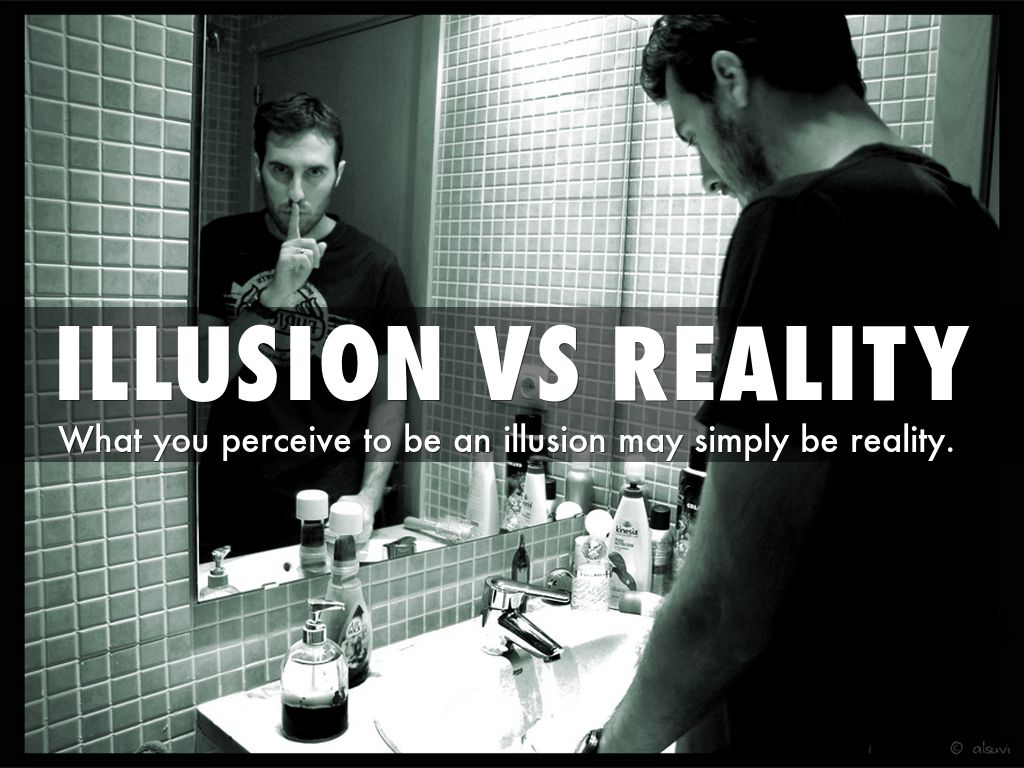
“Ha! I'm Enron!” – Skilling
"I'm innocent and I believe I am innocent" Skilling
“Ha! I’m Enron!” — Skilling equates himself with the company, showing how ambition creates a delusional self-image. He confuses identity with illusion, believing he embodies Enron’s success. This is the climax of corporate self-deception: Skilling mistakes image (the façade of profit) for truth.
“I’m innocent and I believe I am innocent.” — His repetition exposes self-delusion; he has lied so completely that he believes his own narrative. Prebble uses this to show how ambition blurs reality — ego sustains illusion even in collapse.
Together, they show that Skilling’s ambition depends on illusion: he builds, believes in, and is ultimately destroyed by it.
Like Faustus’s magic, Enron’s success is spectacle without substance — both protagonists mistake illusion for power, and reality reasserts itself in their downfall.